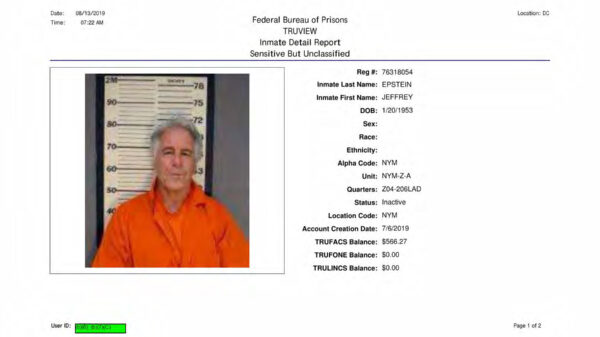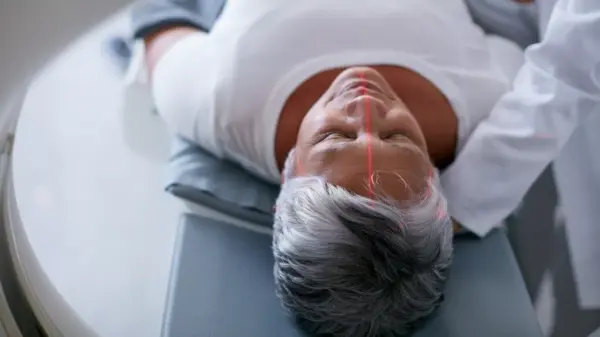Cytokinetics has announced significant findings regarding its cardiac myosin inhibitor, aficamten, which may redefine treatment protocols for a specific heart muscle disorder. The data presented at the ESC25 conference in Madrid suggests that this drug could establish a new standard of care, potentially improving outcomes for patients affected by this condition.
The company shared results from recent clinical trials, revealing that aficamten demonstrated a substantial improvement in heart function compared to existing therapies. These findings have sparked considerable interest among cardiologists and health professionals attending the conference, as they indicate a potential shift in how this disorder is managed.
Cytokinetics’ lead investigator, Dr. Robert K. W. Sweeney, emphasized the importance of these results, stating that they offer hope for patients who have limited options under current treatment protocols. “We believe that aficamten could not only enhance patient quality of life but also significantly reduce hospitalizations related to heart failure,” he explained during a press briefing.
The clinical trials involved a diverse patient population, allowing for a comprehensive analysis of the drug’s efficacy across different demographics. Early results showed that patients receiving aficamten experienced notable improvements in both exercise capacity and heart function, marked by reductions in left ventricular wall stress.
Researchers highlighted that these advancements could lead to broader acceptance of aficamten in routine clinical practice. With heart muscle disorders affecting millions worldwide, the implications of this drug’s success are profound. Current treatment options often include invasive procedures or medications with limited efficacy and significant side effects.
As the conference continues, health professionals are keen to discuss the potential integration of aficamten into standard treatment regimens. The enthusiasm surrounding the drug is palpable, with many experts expressing optimism about its role in transforming patient care for this challenging condition.
In addition to the clinical data, Cytokinetics has outlined plans for further studies to examine long-term effects and safety profiles. The company aims to submit its findings to regulatory authorities for potential approval in the coming months.
As the health community awaits more detailed analyses, the excitement at ESC25 reflects a growing anticipation for innovations that could change the landscape of cardiac care. The future of heart muscle disorder treatment may well hinge on the successful implementation of aficamten as a new standard of care.



































































